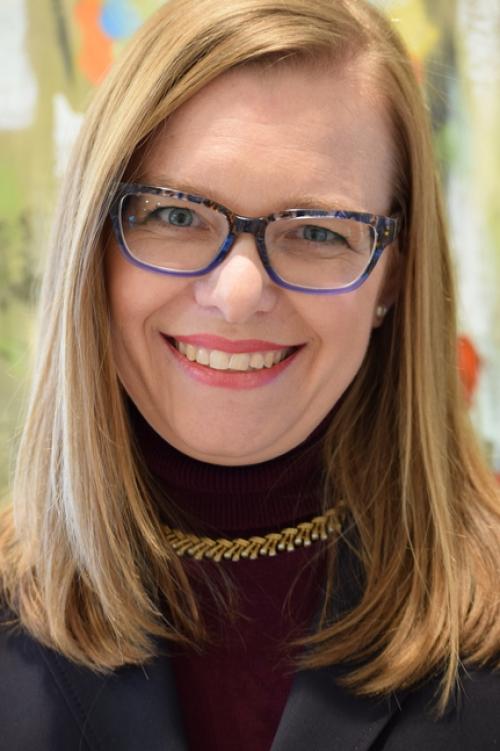Open Source Publishing Platform Manifold Engages Community
In 2018, with funding from The Andrew W. Mellon Foundation, the Manifold team (the University of Minnesota Press, the GC Digital Scholarship Lab at the CUNY Graduate Center, and the development agency Cast Iron Coding) began a pilot program to install and train publishing groups on the use of Manifold, an open-source platform designed to showcase and engage with dynamic scholarly content. Today Manifold is used by university presses, libraries, journal publishers, digital humanities centers, professional associations, academic units, and collectives of scholars to disseminate a wide variety of publications on the web.
In March the Manifold team wrapped up the training for the first pilot program. Selected participants received support for setting up a branded Manifold instance; a two-day, on-site training session; customized instruction on how to use Manifold to publish materials they already produce; and real-time support from and engagement with the team through a public Slack channel and on GitHub. In June the Manifold team announced the ten publishers selected for the 2019-2020 pilot program, with training set to begin in August.
Although Manifold was originally conceived to support the publication of long-form scholarship (i.e. the monograph) specifically, the team, through its close engagement with the user community, has developed new features to support a wide variety of publications with application for traditional and nontraditional publishing activity alike, including interactive projects, textbooks, pamphlets and handbooks, journals, open educational resources, and projects made up entirely of audio/visual elements. Responding to feedback from Manifold users, the team continues to improve accessibility, make projects more discoverable through analytics and metadata, and find long-term preservation solutions.
The development team is presently focused on extending functionality for teachers and students—including support for private annotation groups and access controls for classroom use—to better meet the needs of those groups using Manifold to publish Open Education Resources (OER). Matthew K. Gold, associate professor of English and digital humanities at The Graduate Center of the City University of New York, says, “We’ve seen the formation of a vibrant community of users who are integrating Manifold into various classroom settings as they engage students in the work of annotating OER editions of course texts, build out critical editions with ancillary materials, and create assignments that use Manifold as a publication space for collaborative student work.”
Manifold was built as a do-it-yourself platform. But the team offers solutions for those who do not have the time or capacity to install the software and begin publishing projects on their own. Manifold Digital Services, launched in 2018, provides affordable services to publishers to set up and host an installation, both in-person and web-based training, as well as production and technical support. For more information please visit the Manifold information site at https://manifoldapp.org/, or email the team at contact@manifoldapp.org.
To see examples of how publishers are using Manifold to meet their publishing needs, please visit their sites:
- University of Arizona Press, https://open.uapress.arizona.edu/
- Athabasca University Press, https://aupress.manifoldapp.org/
- University of Cincinnati Press and Library Publishing Services, https://ucincinnatipress.manifoldapp.org/
- University Press of Colorado, http://read.upcolorado.com/
- Concordia University Press, https://concordia.manifoldapp.org/
- Cornell University Press/Einaudi Center for International Studies, https://einaudi.manifoldapp.org
- CUNY, https://cuny.manifoldapp.org/
- Emory Center for Digital Scholarship, https://manifold.ecds.emory.edu/
- Indiana University Press, https://publish.iupress.indiana.edu/
- Liverpool University Press, https://liverpooluniversitypress.manifoldapp.org/
- University of Minnesota Libraries Publishing, https://umnlibraries.manifoldapp.org/
- University of Minnesota Press, https://manifold.umn.edu/
- Reanimate publishing collective, https://reanimatepublishing.manifoldapp.org/
- Temple University Press, https://temple.manifoldapp.org/
- University of Minnesota Veterinary Population Medicine, https://vpmmanifold.com/
- University of Washington Press and Libraries, https://uw.manifoldapp.org/
- University of the West Indies Press, https://uwipress.manifoldapp.org/
